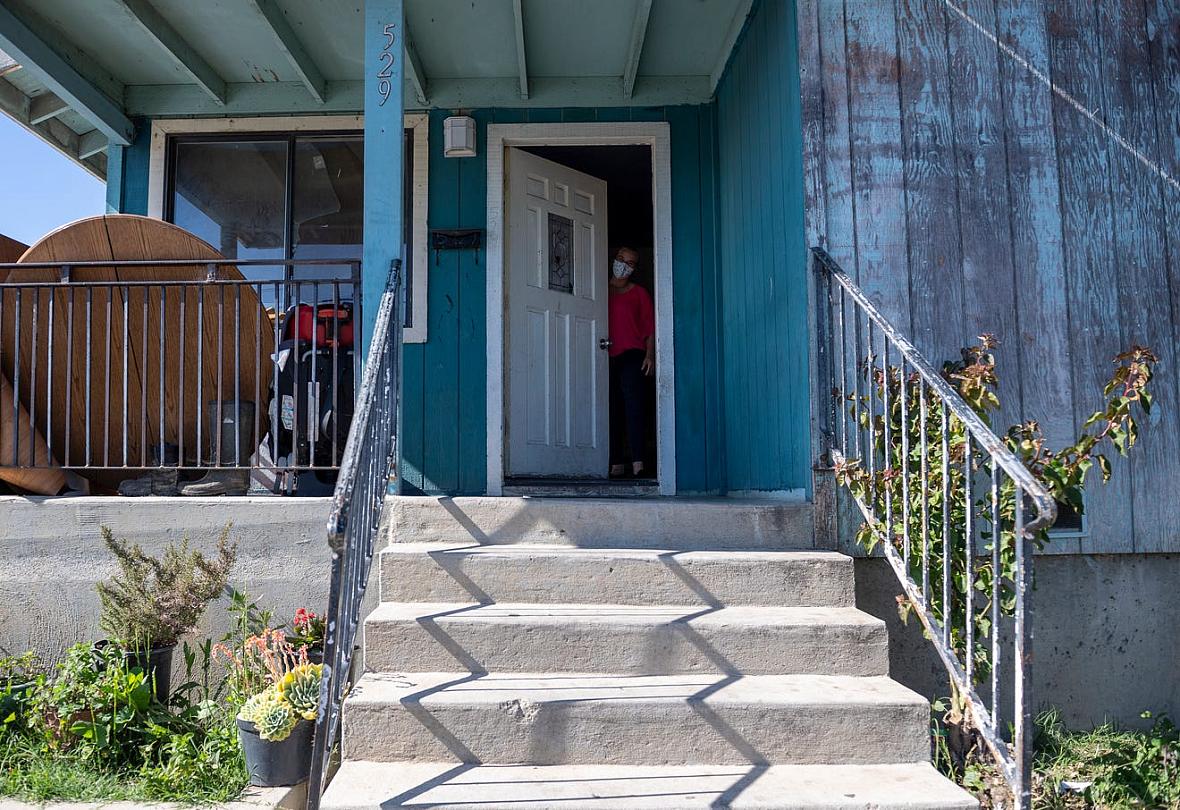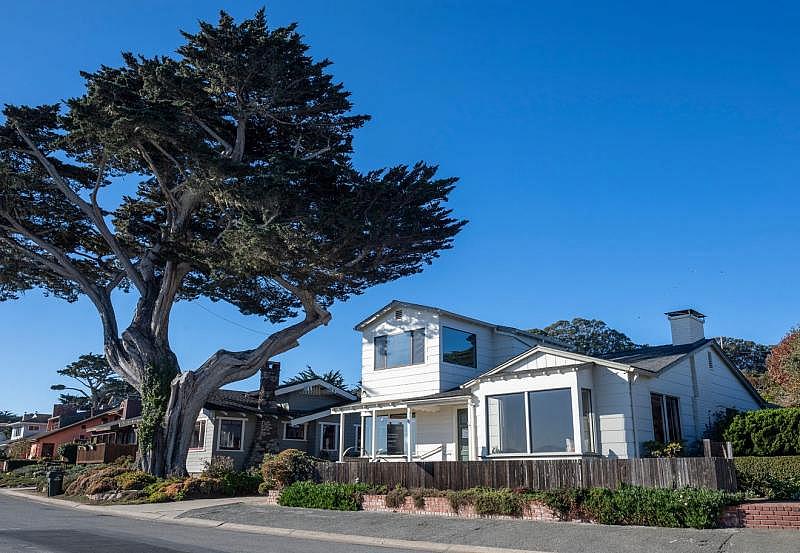Housing bills aim to extend tenant, landlord protections for Californians amid pandemic
This story was produced as a project for the 2020 California Fellowship.
Other stories in this series include:
Ag workers exempted from COVID-19 shelter in place mandate, advocates fear for health
Protected in the fields but not at home: Salinas H-2A farmworkers at risk
‘The perfect storm of vulnerability’: Protection in the fields doesn’t follow farmworkers home
Trump plans to halt immigration, California growers aren't thrilled
Monterey County ag workers comprise nearly a quarter of county COVID-19 diagnoses
Sixth person dies from COVID-19, Alisal and North Salinas hardest-hit in county
Monterey County growers face 'unprecedented losses' amid pandemic
Close quarters: Overcrowding fuels spread of COVID-19 among essential and service workers
Evicted Monterey County renters face greater risk of contracting COVID-19
Do California ag counties hold solutions to Monterey County farmworker housing crisis?
Monterey County advocates, growers urge renewed focus on farmworker housing

Eufemia "Jenni" Aguilar rents a room in a house in Salinas, Calif. More than five people rent rooms in the same house because of the high cost of living on the central coast of California.
David Rodriguez/The Salinas Californian & Catchlight
A new pair of housing bills would extend tenant eviction protections through the end of March and introduce a new path to create additional housing in under-utilized, big-box developments.
California Sen. Anna Caballero (D-Salinas) introduced Senate Bills 3 and 6, respectively called The Tenant, Homeowner, and Small Landlord-Tenant Relief Act of 2021 and the Neighborhood Homes Act in early December.
SB 3 would extend the tenant eviction protections of Assembly Bill 3088 through March 31, 2021, while the Neighborhood Homes Act would create a fast-track for walkable infill housing developments. AB 3088 was passed in August and disallowed evictions or mortgage foreclosures due to nonpayment during the pandemic.
Assemblywoman Anna Caballero at the housing community meeting Thursday. Cristian Ponce/Staff Photo
“3088 was a stopgap,” she said. “California renters are in crisis.
“During a pandemic, the last thing you need is people being displaced because they can’t afford to pay the rent and they have to move (or) landlords losing their property, the bank taking over and evicting everyone with no cause because they’ve taken over the property.”
Caballero said a number of tenants and small landlords have contacted her office. Tenants asked how to deal with self-eviction after intimidation by landlords, and spoke of moving out of their homes and into cars, slipping into homelessness after losing income. Landlords asked for help dealing with the banks that own their mortgages.
Caballero said she was reminded of the story of Mary Martinez, an 87-year-old woman who was evicted from her Salinas home during the pandemic, as she was drafted SB 3.
“The story...about the 87-year-old broke my heart because I don’t think she had to move. I don’t know why no one came to her defense,” Caballero said. “I’m hearing that there are people with kids living in their cars in our community and that’s directly related to the landlord thing. I need to be at the table and I need to be working on a solution.”
Caballero said she hoped to have SB 3 on the governor’s desk ideally in January, but realistically was aiming for February as the bill required a framework first, and would need special hearings to move it through before Jan. 31.
“The Legislature has an obligation to protect renters from eviction by extending the moratorium provided by AB 3088 or there will be catastrophic consequences,” said Caballero. “We also need to support small landlords who are at risk of foreclosure. Everyone suffers –– landlords and tenants –– if this occurs.”
Caballero’s other bill, the Neighborhood Homes Act or SB 6, was introduced in the spring of 2020, but ultimately Caballero didn’t have time to address concerns raised as the pandemic ripped through the state. The bill was shelved for a later date.
A for sale sign hangs in front of a home in Pacific Grove, Calif., on Friday, Nov.27, 2020. David Rodriguez/The Salinas Californian
The bill, which is back after Caballero took some time to address the issues raised in the spring session, would turn underperforming or vacant big box stores –– like K-Mart or Toys 'R Us –– into condos or apartments. She hopes this approach will help create walkable new housing communities while keeping greenhouse gases low.
An affordability requirement is still being negotiated, but Caballero said other changes include excluding industrial areas from consideration for development under the act, as well as utilizing a skilled workforce to construct the homes.
Kate Cimini is a journalist for The Californian covering ag, housing and health. Have you experienced housing discrimination? Share your story at (831) 776-5137 or email kcimini@thecalifornian.com. Subscribe to support local journalism.
[This story was originally published by The Californian.]
Did you like this story? Your support means a lot! Your tax-deductible donation will advance our mission of supporting journalism as a catalyst for change.

